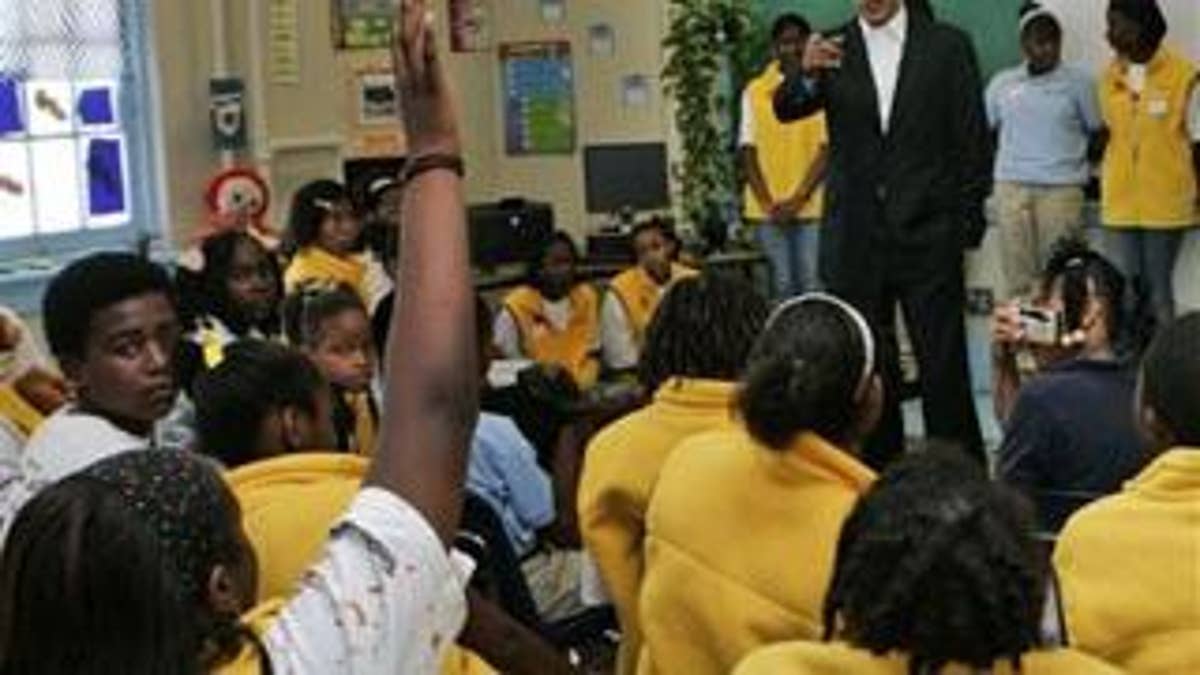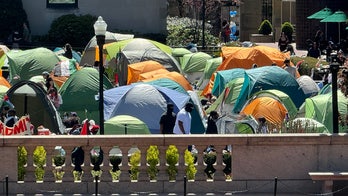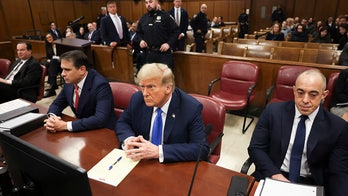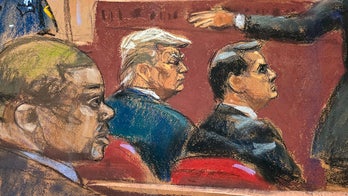
Five months into Barack Obama's presidency, two researchers are at odds over whether a so-called "Obama effect" can bump up black students' standardized test scores and help to close the achievement gap between blacks and whites.
In the days after Obama's election in November, school officials across the country reported a noticeable improvement in students' performance -- particularly in black communities -- and attributed it to Obama's success.
But two studies have produced conflicting reports on the existence of such an effect -- calling into question whether inspiration alone is enough to bring quantifiable change.
In a study conducted during the 2008 election, Dr. Ray Friedman of Vanderbilt University found that black students achieved higher scores on standardized tests when they were reminded of Obama's achievements before the test. Their higher scores narrowed the gap between black and higher-scoring white students, suggesting a tangible effect of Obama's presidency.
Friedman said the students who earned higher scores likely overcame "stereotype threat" -- a fear that one's performance will confirm an existing negative stereotype of a group with which one identifies, resulting in psychological discomfort.
Friedman has claimed that blacks are far more likely to score below their potential when asked to identify their race on a test -- or when they are told an exam will measure innate abilities, like intelligence.
But when role models from the same social group are present before a test is administered, "it tends to take away stereotype threat losses" -- resulting in higher scores, according to Friedman.
"When Obama broke through the barrier in such a public and important way, it helped black test takers achieve their full potential," Friedman said of the study. "The question is -- will that effect persist?"
While Friedman said America's first black president's influence as a positive role model likely helped raise scores, "no one's claiming that Obama is going to make people who have never studied geometry suddenly pass geometry."
Friedman tested 400 subjects -- in separate groups of 100 -- at four different phases of the election cycle: before the Democratic convention; after Obama's acceptance speech on Aug. 28; midway between the speech and the presidential election; and after Obama's victory in November.
In the first test, the median score for whites was 12.14 of 20, while the median score for blacks was 8.79 of 20. After Obama won the presidency, whites scored 11.9 and blacks scored 9.83.
When Obama's political success was most apparent -- after his convention speech and after his Nov. 4 victory -- Friedman found that blacks' scores rose while whites' scores dropped slightly, statistically narrowing the gap.
But Friedman's findings have been challenged by another study that found no evidence of an "Obama Effect" on black students' standardized test scores.
Dr. Joshua Aronson of New York University, who conducted a study in June 2008 after Hillary Clinton conceded and Obama secured the nomination, found "absolutely no results" to support Friedman's findings.
Aronson tested a diverse sample of 160 college-aged students from various demographics -- over half of whom were black.
Aronson said he had expected to detect a noticeable effect in test performance, but he found none -- suggesting that black students might not identify with Obama's success.
"Past research really suggests that the best role models aren't the ones who are innately gifted, stellar individuals," Aronson said.
"He's certainly breaking down barriers, but he's doing it with exceptional talent, which most people think that they don't have. He might not be the best role model in terms of having people say, 'Wow, if he can do it, so can I'" he said.
Some education experts say it's too early to know whether Obama's inspiration has had a tangible effect in classrooms across the country. And some claim that even if such an effect exists, it is impossible to measure.
Tom Ewing, director of press relations at Educational Testing Service, said that while there is anecdotal evidence to suggest improvement in school performance among black students, "it's too recent of a phenomena" to know if Obama deserves extra credit.




